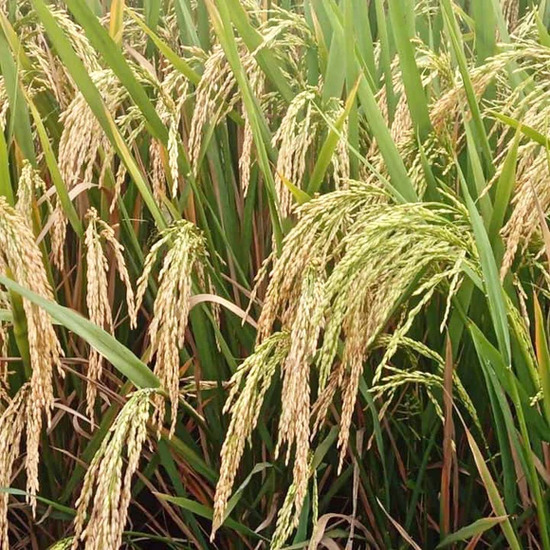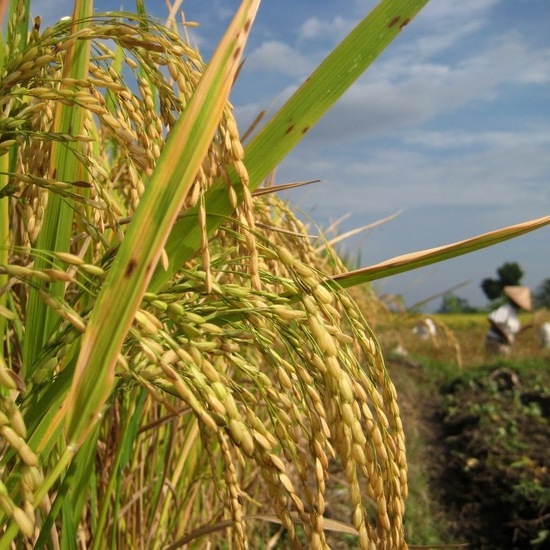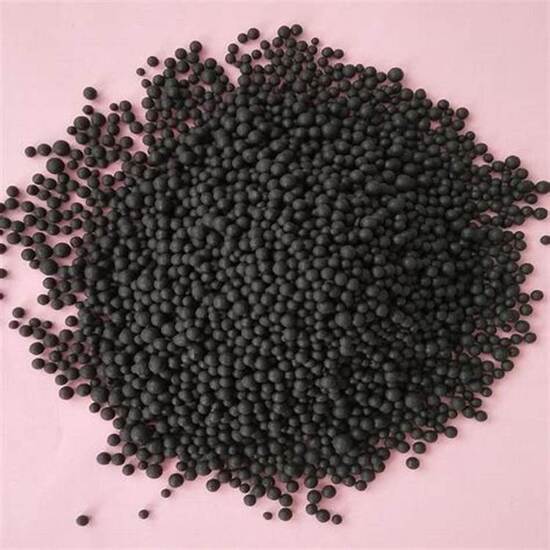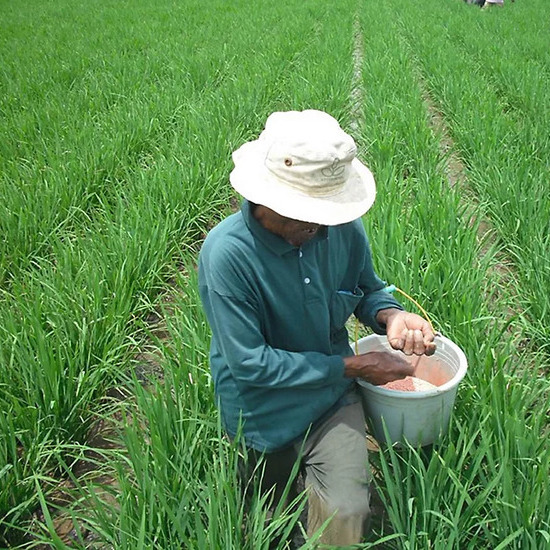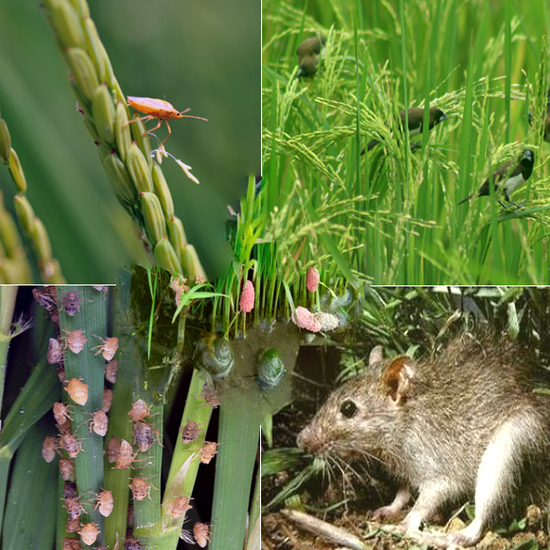Managing Plant Pests and Diseases Without Pesticides: A Sustainable Organic Approach
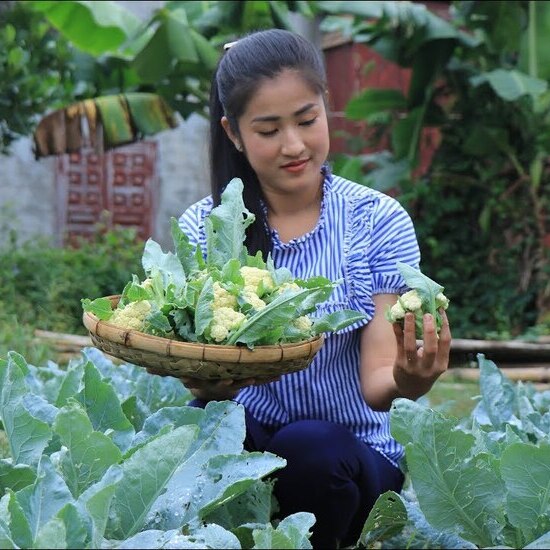
Organic farming is gaining attention because it integrates sustainability principles into managing agricultural land. One of the main aspects of organic farming is the control of plant pests and diseases without relying on synthetic chemical pesticides that can be harmful to the environment and human health. In this article, we will explore various strategies and methods that are effective in organic pest and disease control, and propose sustainable approaches that farmers can implement.
Pest and disease control in organic farming often begins with building a balanced ecosystem on the farm. This includes promoting biodiversity and maintaining natural habitats for natural enemies of pests, such as predators and parasitoids. In addition, selecting plant varieties that are resistant to pests and diseases is a crucial step in reducing the risk of crop attacks. These varieties are usually developed through plant breeding to obtain higher genetic resistance, thereby reducing farmers’ dependence on chemical pesticides.
Organic methods of controlling plant pests and diseases also include the use of natural ingredients such as plant extracts and neem oil which have been proven to be effective as natural insecticides and fungicides. These ingredients are not only safe for the environment but also help maintain soil health and biodiversity. Proper cultivation techniques, such as crop rotation, use of organic fertilizers, and good land sanitation, are also integral parts of organic control strategies. In this way, farmers can minimize the risk of pest and plant disease attacks while maintaining the productivity and sustainability of their farmland.
A sustainable approach to organic plant pest and disease control is not only beneficial for the environment and human health but also provides long-term benefits for agricultural productivity. PT Matari Agro Indonesia, as a leader in integrated agricultural consulting and training services, plays a vital role in introducing and supporting the implementation of organic farming practices in Indonesia. Through these efforts, it is hoped that organic farming can be applied more widely, contributing to environmental sustainability and the welfare of farmers throughout the country.
Sustainable Approaches to Plant Pest and Disease Control
Organic approaches to plant pest and disease control focus on holistic prevention and management. One of the main strategies is to build a balanced agricultural ecosystem, where pests and diseases can be controlled naturally by their natural enemies. This involves preserving biodiversity, such as promoting populations of predators and parasitoids that help control pest populations.
The use of plant varieties that are resistant to pests and diseases is also an important part of this sustainable approach. Farmers are encouraged to choose varieties that have high genetic resistance to certain pests and diseases, thereby reducing dependence on synthetic chemical pesticides. In addition, crop rotation and intercropping can also help reduce the risk of pest and disease attacks by breaking their life cycles and disrupting habitats that are favorable for them.
Organic Methods for Plant Pest and Disease Control
Some effective organic methods for controlling plant pests and diseases include the use of natural ingredients such as plant extracts, neem oil, and compost. Plant extracts such as garlic, chili peppers, or tobacco have repellent or toxic properties against certain pests, while neem oil is known to have quite strong natural insecticidal and fungicide effects. The use of compost and organic fertilizers can also increase plant resistance to disease, as healthy plants tend to be more resistant to pests and diseases.
The application of proper cultivation techniques is also an important part of an organic plant pest and disease control strategy. For example, good land sanitation techniques, proper irrigation management, and regular monitoring of crop conditions can help reduce the potential for pest and disease attacks. In-depth knowledge of the life cycle of pests and diseases and early signs of attack are also important for responding quickly and effectively.
The Role of PT Matari Agro Indonesia in Supporting Organic Farming
As an integrated agricultural consulting and training center in Indonesia, PT Matari Agro Indonesia plays a vital role in supporting farmers to switch to sustainable organic farming. PT Matari Agro Indonesia provides training on organic plant pest and disease control techniques, introduces innovative methods, and provides direct assistance to farmers in implementing these practices.
By promoting organic farming, PT Matari Agro Indonesia not only seeks to increase crop productivity sustainably but also reduces negative impacts on the environment and human health. Through this approach, it is hoped that organic farming can be increasingly accepted and adopted widely in Indonesia, contributing to agricultural sustainability and farmer welfare.
Controlling plant pests and diseases without using synthetic chemical pesticides is a commitment in sustainable organic farming. By implementing sustainable approaches, such as biodiversity conservation, use of resistant varieties, use of natural materials, and proper cultivation techniques, farmers can reduce the risk of pest and disease attacks while maintaining crop productivity. PT Matari Agro Indonesia plays a vital role in supporting this shift towards organic farming by providing in-depth training and consultation to farmers, leading to more sustainable and environmentally friendly agriculture in Indonesia.
Matari Agro Indonesia is one of the most affordable and farmer-friendly agricultural consulting companies in Indonesia. We provide top-class agricultural consulting services across the country with the help of a diverse team of scientists, operational experts, and technology. If you are looking for a better return on your agricultural investment, contact the Matari Agro Indonesia team today!
